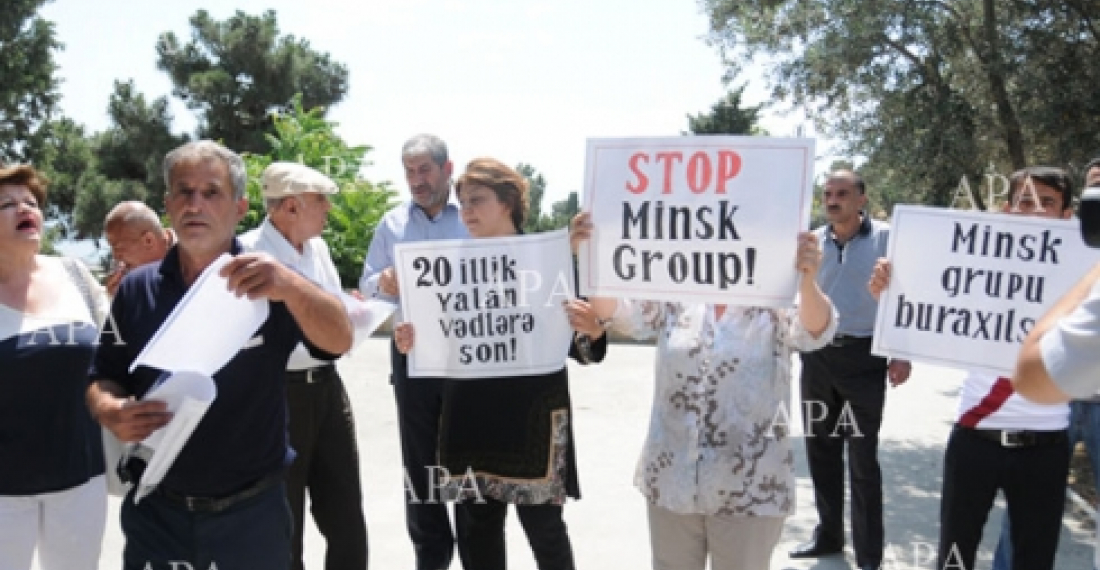There are reports of persistant gunfire across the whole front of the Armenian-Azerbaijani border throughout the night between Thursday and Friday, although no casualties are reported. The Armenian Defence Minister, Seyran Ohanian, visited the Tavush Region where earlier this week clashes resulted in the death of three Armenian and five Azerbaijani soldiers. Armenian media sources say that the Voskepar-Baganis section of the Ijevan-Noyemberyan highway has been closed since Wednesday for security reasons.
Senior officials from both sides continue making belicose statements, and exchanged accusations against each other. A number of public organisations have also added their voice. In Armenia the Yakrapah organisation of war veterans condemned Azerbaijani aggression and stated its readiness to defend the homeland, whilst in Baku, the Karabakh Liberation Organisation has organised a picket in front of the UN office calling for the liberation of Azerbaijani territory and condemning the inaction of the international community.
A number of countries and international organisations have expressed concern at the the situation. Commonspace.eu political editor said in a comment that "the existing situation is very dangerous, and whilst there is no sign of an immediate escalation it creates very volatile conditions on the line of contact. The absence of a meaningful peace process at the moment further exacerbates the situation."
The Foreign Ministers of Armenia and Azerbaijan are due to meet in Paris on 18 June. The meeting may help defuse tensions but is unlikely to result in any serious breakthrough. US Secretary of State Hilary Clinton who visited the South Caucasus earlier this week spoke about "new approaches" to the settlement of the conflict but no details of this have as yet been given.
source: commonspace.eu with agencies
photo: A picket organised by the Karabakh Liberation Organisation in front of the UN offices in Baku on 7 June 2012 (oicture courtesy of APA)







